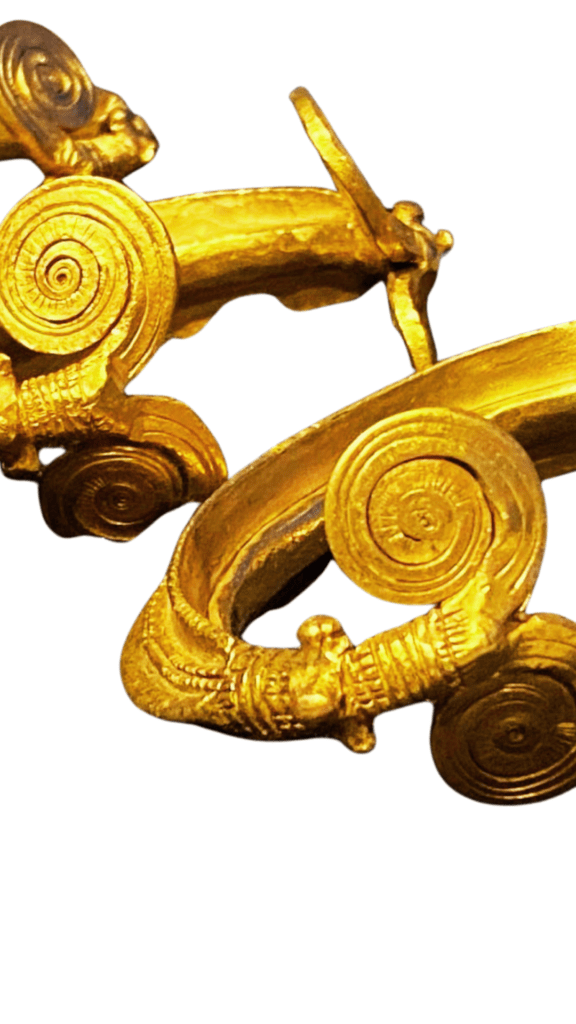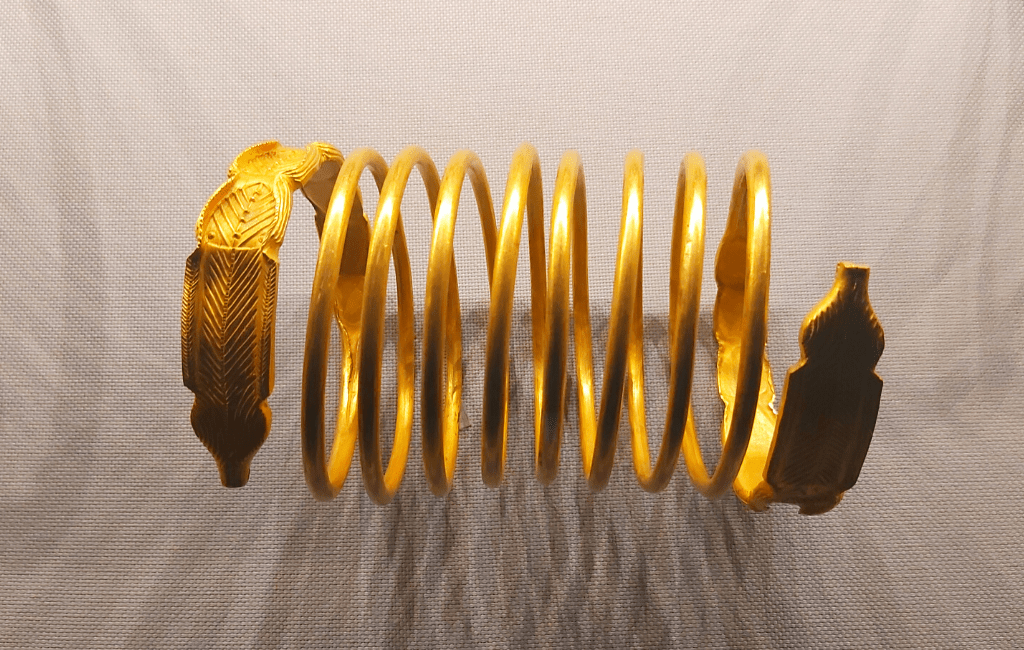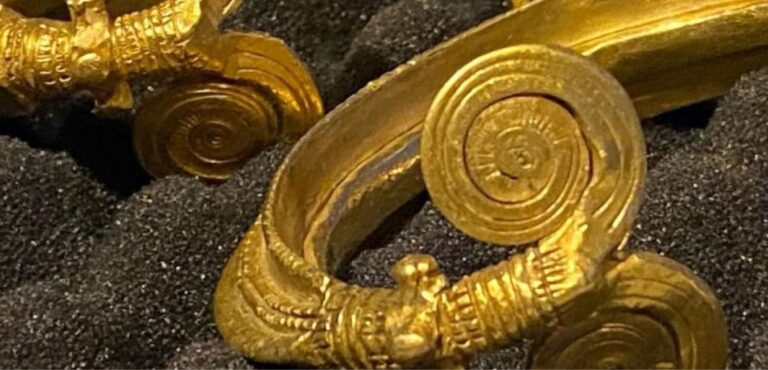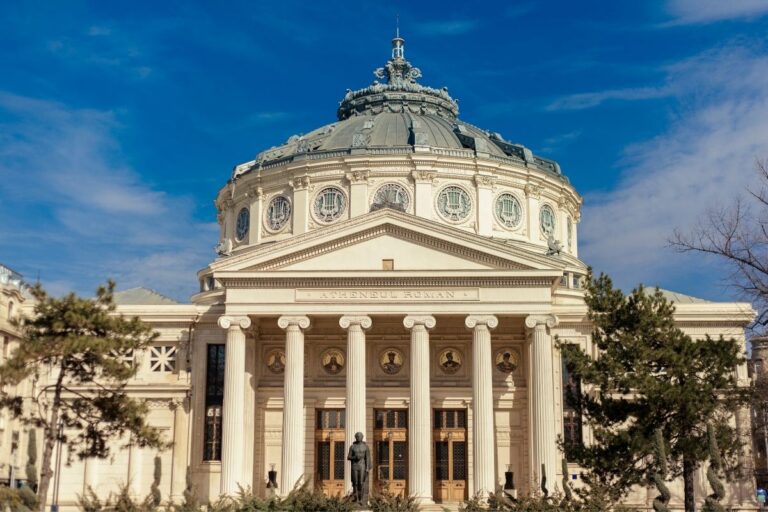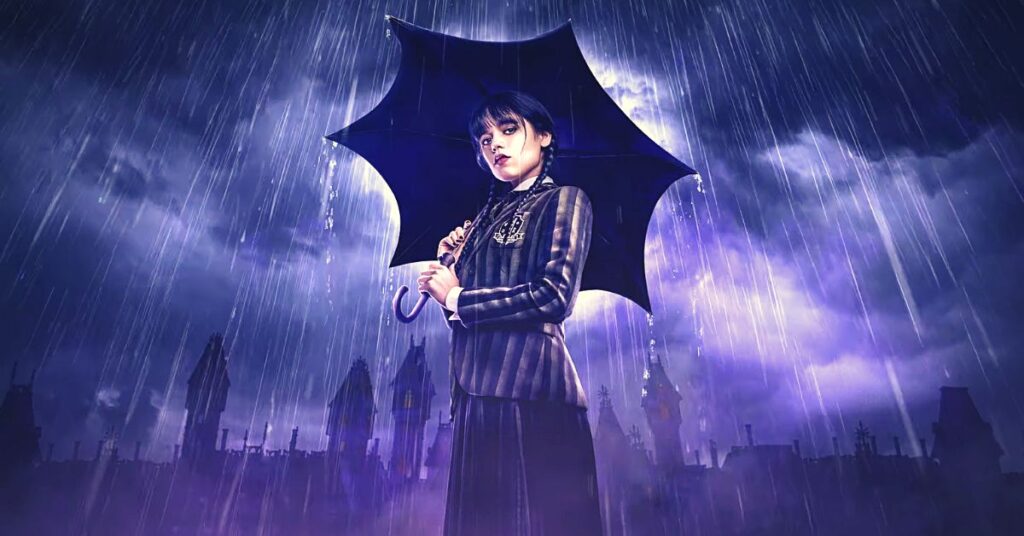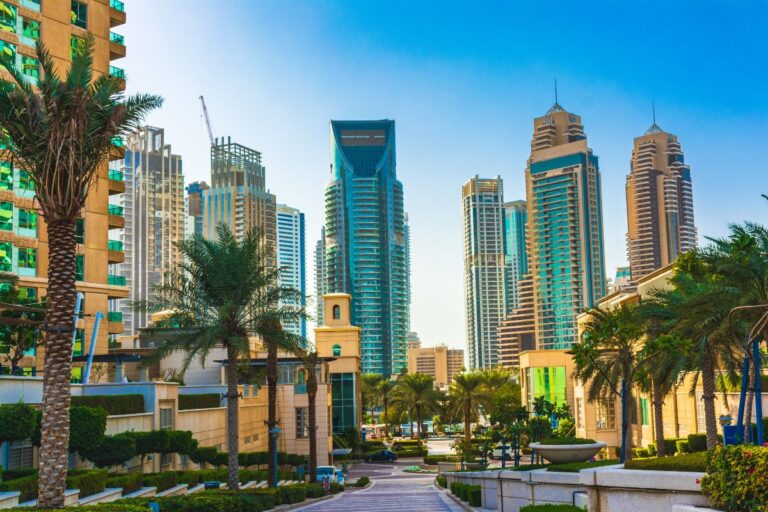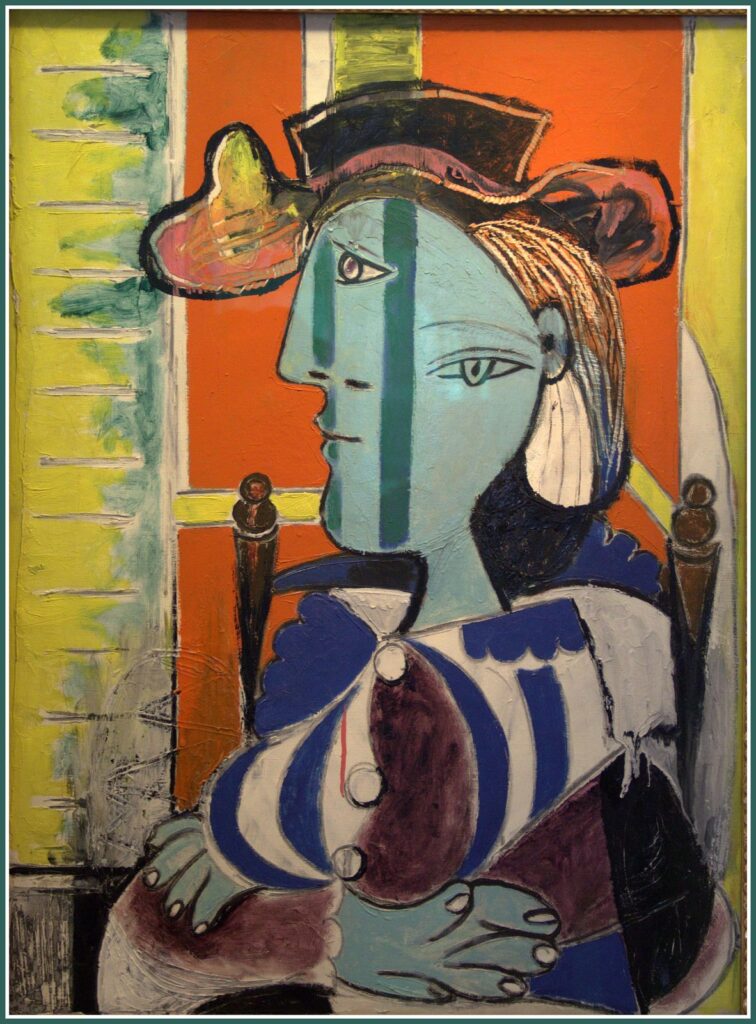Eurocom Worldwide, the global PR network, is strengthening its representation in Central and Eastern Europe with the appointment of Lighthouse PR headquartered in Bucharest and covering both the Romanian market as well as the Republic of Moldova.
Founded by Ana Maria and Steve Gardiner, Lighthouse PR is a strategic PR and communications agency that brings a wealth of global expertise with a team of senior communications specialists offering a background of C-level management roles in large corporations. Lighthouse PR focuses on B2B and corporate communications with a strong focus on international tech companies as well as sectors such as energy, finance, pharma, retail & FMCG, industrial production, real estate, and construction.
Moreover, Lighthouse PR is Romania’s exclusive member of the Crisis Communication Network Europe (CCNE), a group of specialist crisis consulting agencies dedicated to European markets. The agency obtained the ISO 27001 certification for information security after securing the ISO 9001 certification for its quality management system in 2023.
The Lighthouse PR strategy has been designed from the start to develop strong, long-term partnerships with both our clients, who we support 24/7/365 with the best communication consultancy Romania has to offer, and other partners with whom we share a vision based on trust, expertise and collaboration. Joining Eurocom Worldwide is an important step in strengthening our position as a trusted partner for companies looking for PR consultants who deliver above and beyond expectations.
Ana Maria Gardiner, co-founder of Lighthouse PR
Eurocom Worldwide is one of the largest independent PR and marketing communications networks with its particular focus on key technology, industrial and commercial sectors. Founded in 2002, it currently comprises 31 member agencies in 54 offices covering more than 90 countries across all five continents. Eurocom Worldwide has a strong presence in Central & Eastern Europe by covering more than 20 countries in the region.
Lighthouse PR perfectly combines the criteria that we look for when appointing a new member agency for our global PR Network. They are an independent PR and marketing communications agency with a clear focus on B2B and technology sectors in two countries that we have not covered yet with a full member. They follow a very ambitious international approach with a team of senior communications experts with global expertise and – what is most important for us – a high aspiration for quality, creativity and continuity which makes all the difference for any client or partner in the world
Isabel Radwan, Network Director of Eurocom Worldwide.
About Lighthouse PR
Lighthouse PR is a Romanian strategic business communication company focused on corporate communication, B2B and B2C communication, reputation management, crisis management and preparedness, employer branding, digital and social media communication and training. The company is active in finance, technology, energy, pharma, retail & FMCG, industry/production, real estate, construction, and services. Lighthouse PR is the sole representative for Romania and Moldova in the Crisis Communication Network Europe (CCNE), a group of 13 PR agencies in Europe specialized in crisis communication, prevention, and management for companies. In 2024, the company joined Eurocom Worldwide, a global network of companies specialising in B2B and technology communications, for which it is also the sole representative for Romania and the Republic of Moldova. The company holds ISO 9001 certification for quality management and ISO 27001 for information security.
About Eurocom Worldwide
Eurocom Worldwide was established in 2002 and is today one of the leading global networks of independent, privately owned PR and marketing communications agencies. Our member agencies specialize in B2B communications with a unique focus on key technology, industrial and commercial sectors. Eurocom Worldwide has 31 member agencies comprising over 800 communications specialists in 54 national capitals and centres of commerce around the globe. Our scope of business exceeds more than 1200 client enterprises and organizations in 91 countries across all five continents.
